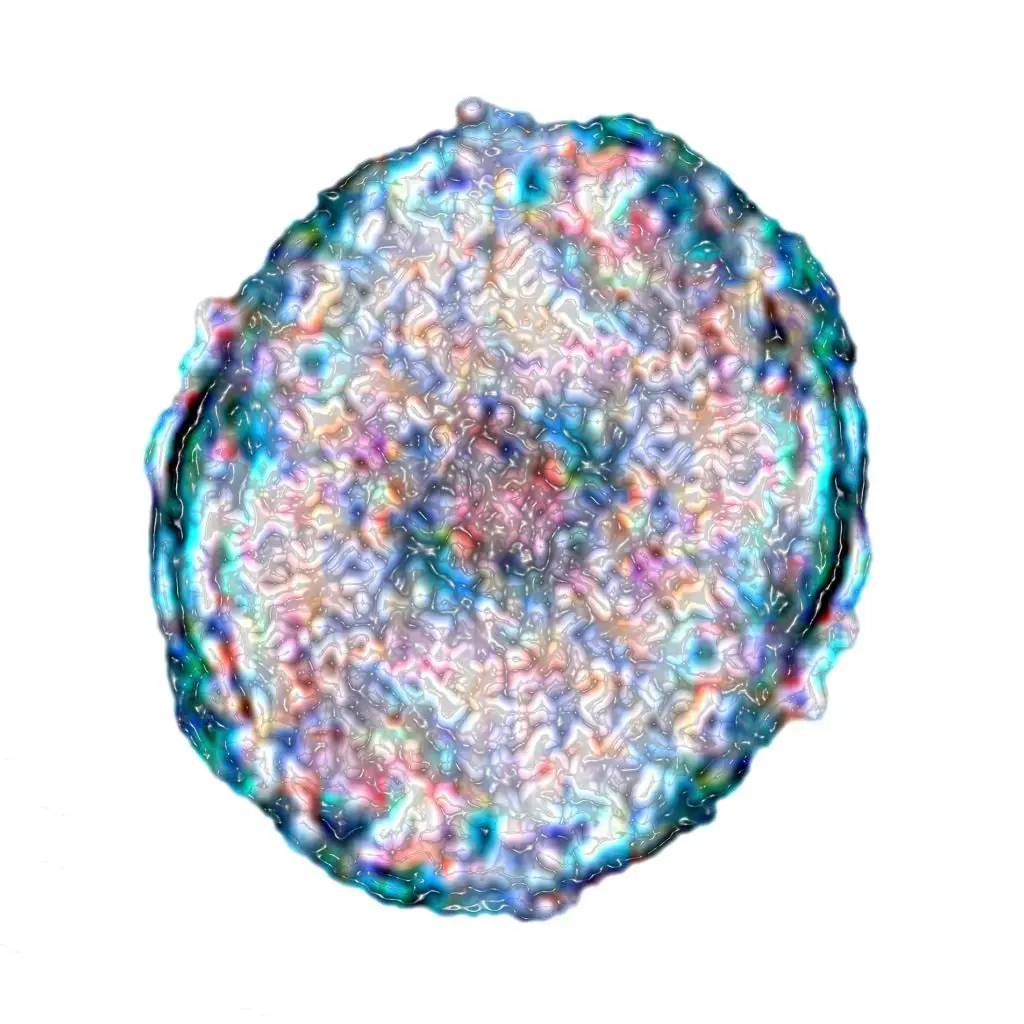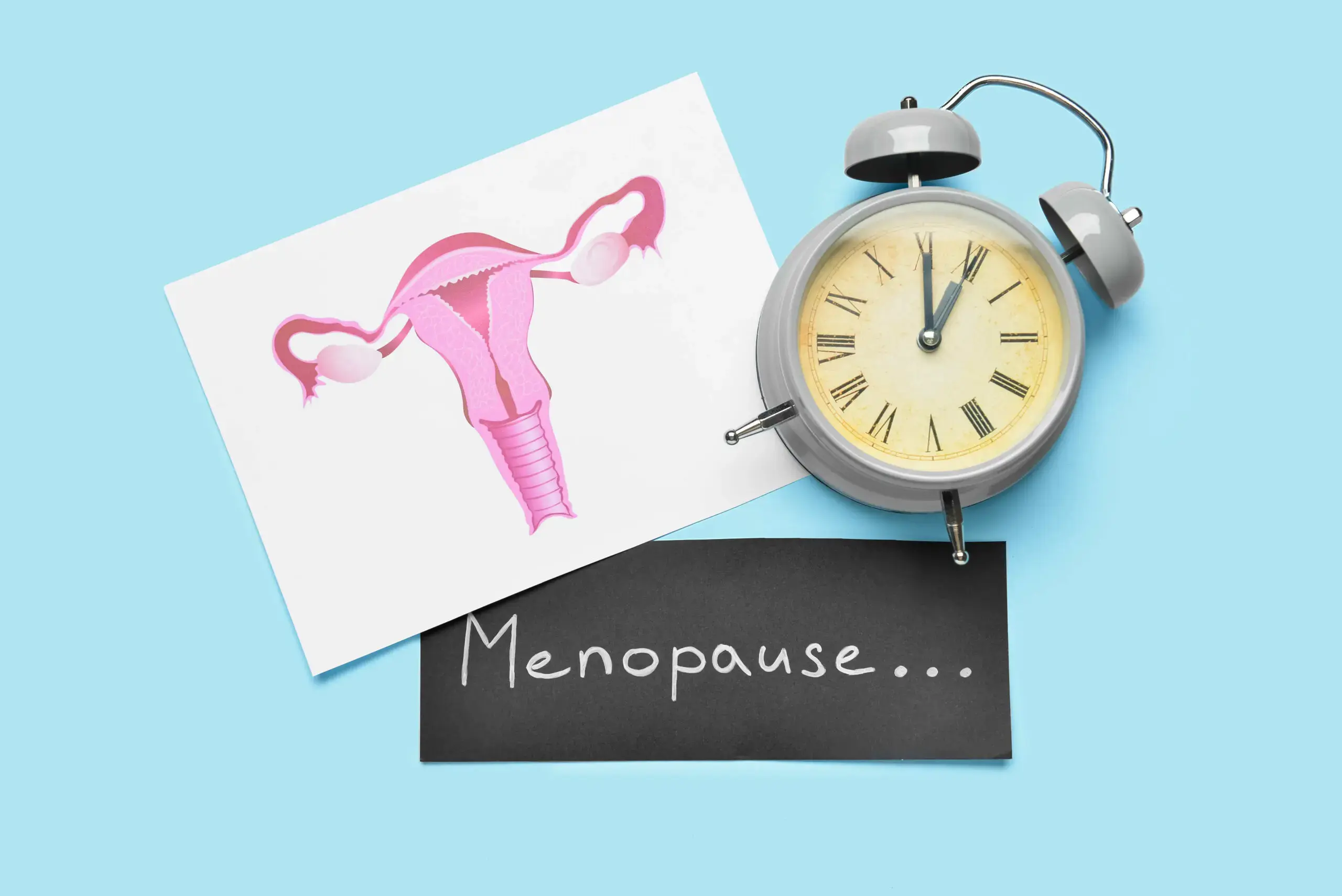Other Treatment Methods
- Adrenal hyperplasia
- Gestational diabetes
- Growth disorders in children
- Hashimoto's thyroiditis
- Hormone deficiency
- Hormone-producing tumors
- Hyperthyroidism
- Hypofunction of the adrenal cortex
- Hypothyroidism
- MODY (Maturity Onset Diabetes of the Young)
- Obesity
- Osteoporosis
- Overactivity of the adrenal cortex
- Sex hormones
- Type 1 diabetes
- Type 2 diabetes

© Freepik
Hypofunction of the adrenal cortex
Adrenal cortex insufficiency, medically known as adrenal insufficiency, occurs when the adrenal glands (small hormone glands above the kidneys) no longer produce enough vital hormones such as cortisol (which regulates, for example, fat and glucose metabolism as well as sleep sleepmanagement of stress or aldosterone (which regulates electrolytes in the body) - or both. These hormones are essential for metabolism, water and electrolyte balance as well as forstress management.
A distinction is made between primary adrenal insufficiency (Addison's disease) and secondary or tertiary insufficiency, which are caused by disorders in the pituitary gland or hypothalamus, i.e., outside of the adrenal gland itself. The most common cause of the primary form is an autoimmune disease in which the immune system attacks and destroys the adrenal cortex. Less common are infections, tumors, bleeding or genetic defects. Secondary forms occur, for example, due to brain surgery, radiation, trauma or due to long-term high-dose cortisone therapy, where the body's own production of ACTH - the hormone controlling the adrenal glands - is suppressed.
Symptoms usually develop gradually, but they can also occur acutely. Typical complaints include persistent fatigue, muscle weakness, loss of appetite, Weight loss or low blood pressure, often leading to dizziness or fainting. A diffuse craving for salt can also provide clues. Added to this are nausea, vomiting, diarrhea, depressive mood, concentration problems, and in primary forms, a brownish discoloration of the skin (hyperpigmentation), especially on the hands, elbows, or mucous membranes. In stressful situations such as infections or surgeries, life-threatening so-called Addison's crises can occur, characterized by a sharp drop in blood pressure, shock state, vomiting, abdominal pain, and unconsciousness.
Diagnosis of adrenal insufficiency
The diagnosis is made through a combination of clinical symptoms and blood tests. Low cortisol levels are typical and - in primary insufficiency - an increased ACTH level. A so-called ACTH stimulation test then checks the adrenal gland's responsiveness to synthetic ACTH. Electrolyte disturbances such as hyponatremia (low sodium) and hyperkalemia (high potassium) can provide additional clues. Imaging techniques such as CT or MRI of the adrenal gland can be used to show structural damage or tumors.
Treatment of adrenal insufficiency
The treatment consists of lifelong hormone replacement therapy. Cortisol is usually replaced in the form of hydrocortisone or alternative preparations. If there is a deficiency in aldosterone, fludrocortisone is additionally administered to regulate salt and water balance. Those affected also receive comprehensive education, an emergency ID, and usually an emergency kit with a hydrocortisone injection, which can be used in emergencies either by themselves or by relatives.








